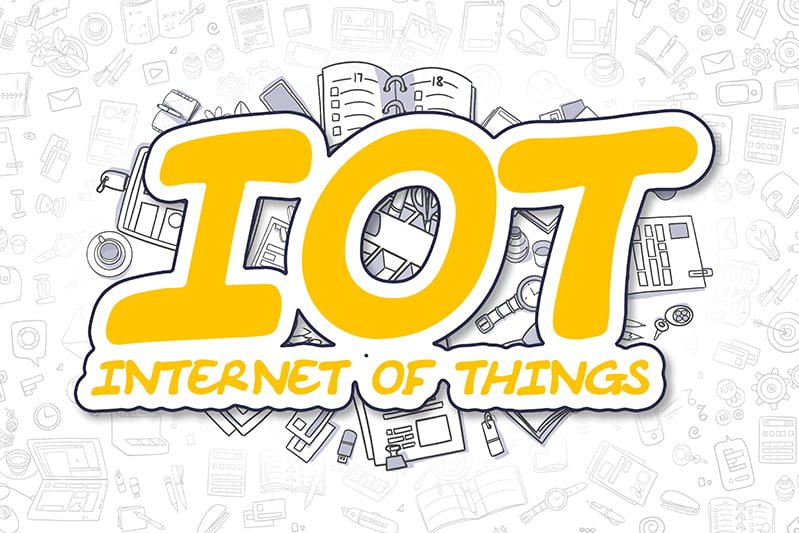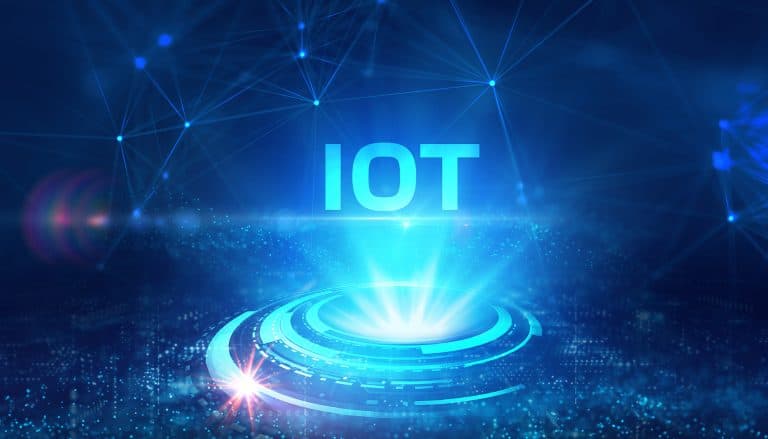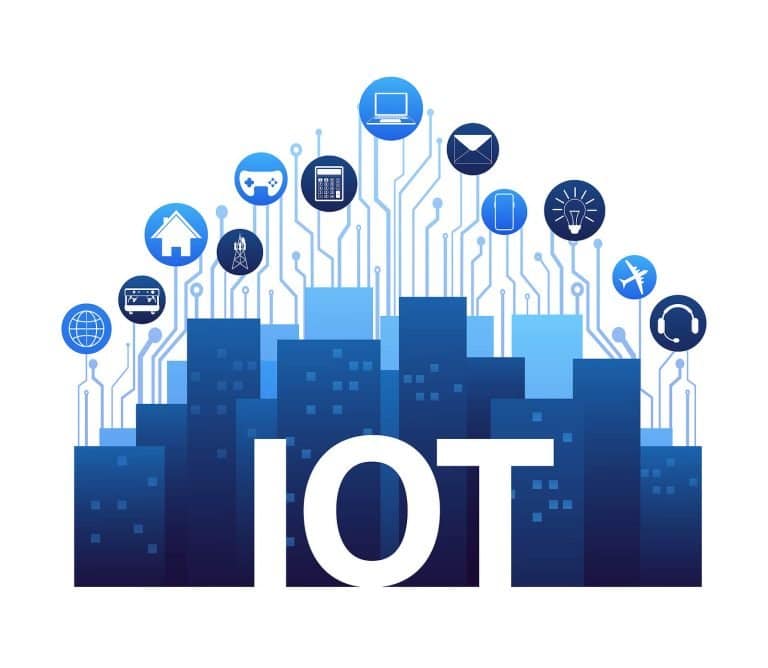Marketing has never been the same since the emergence of the Internet of Things. Truly, IoT has affected the way businesses market themselves in a great way.
The IoT or the Internet of Things may sound like a business buzzword, but in truth it is a technological revolution that impacts everything people do. Furthermore, it’s a gigantic wave of new possibilities destined to alter the face of technology. Essentially, it refers to daily devices that can exchange information over a network automatically. The Internet of Things also has a huge impact on people’s daily lives and is changing the way the weather, traffic, pollution and the environment are monitored and the methods of gathering data.
Table of Contents
ToggleSoon, IoT will mean more than environmental alerts and wearable technology. The Internet of Things will have an enormous impact on the way people do business, especially where marketing is concerned.
Five ways that IoT improves marketing ROI
- Easy Sales Data exchange. One of the most valuable commodities to any business is sales data. With access to information on why, how and where the products are being bought and used, a business would be able to tailor its marketing efforts towards its particular clients.
Smart devices gather data and supply it back in real-time, without having IT professionals direct or monitor the interaction. This enables a business to make informed marketing decisions and boost ROI on their future sales. Probably more relevant, customers would be able to provide instant useful feedback. Thus, if a particular product is not living up to expectations, you will not wait very long to find out about it, meaning that you could cut the losses considerably sooner than later.
- Devices know that they’re dying. One of the more promising aspects of IoT products is their ability to do their own regular diagnostics and maintenance. Cars have been self-diagnosing for some time. However, it was a cuny method which relied on inexact signals. With the IoT power, each component is ‘smarter’, thus the ability of identifying the issue and the solution too, would be lightning quick in comparison.
In terms of conventional devices and items, typically the first sign that something is wrong comes with the device stops functioning altogether abruptly. When this occurs, nothing much could be done but get it repaired or order a new device and wait. IoT devices can eradicate the down-time by constant monitoring of the functions and when necessary, contacting technical support.
- Smarter CRM, with instant customer analysis. When utilized in conjunction with a dependable CRM or customer relationship management tool, IoT would be able to do more than just gather and organize customer data. It could accurately and efficiently analyze the data too, providing actionable results about the consumer base. This could be invaluable to marketers, given that the chain of command of buyers often is long and decisions take more time.
IoT devices could streamline the process through helping one understand where the prospect is in their purchasing journey, so the business would be able to make each second of every day count towards solving issues and serving the clientele with the right information that ultimately nurtures them to close a deal.
- Predictive social media. When FB and Twitter first hit the scene years ago, most marketers were less convinced that these sites would be worth targeting. Today, 74 percent of marketers report seeing a noticeable increase in web traffic after they invest a mere 6 hours a week in social media marketing. The Internet of Things is optimized already for use with social media, enabling automated posts and shares to be generated regularly by the devices themselves and also preparing the way for new online communities to develop and centered on users of certain devices.
Marketers who could predict the social communities’ development and focus their efforts to these communities, could reach potential customers that may not have been available previously. In the same way, IoT devices, when coupled with social media would enable marketers identify and take advantage of the emerging trends.
- Consider a 100 percent CTR or click through rate. IoT point towards one final goal, which is more relevant, smarter advertising. As the growing numbers of once-unconnected objects and devices are being fitted with sensors and provided constant network accessibility, advertising would change for the marketer and consumer too. Marketers no longer rely on popups based or banner adds off a website. Most IoT devices would be thoroughly unable to process or display such crude ploys even.
The new word in advertising
The age of interruptive commercial would finally come to an end on the side of the consumer. Replacing it would be a new word wherein advertising should be entirely relevant and beneficial where no prospect is served and that does not align with their behaviors, interests and past purchases 100 percent.
Boiled down, the Internet of Things lets marketers to stay one step ahead of consumers consistently. For marketers, that is what the fuss is, a way forward to deliver real-time highly relevant messaging.
The impact of the Internet of Things in marketing is undeniable. Marketing strategies and efforts are made easier with the power of IoT.





